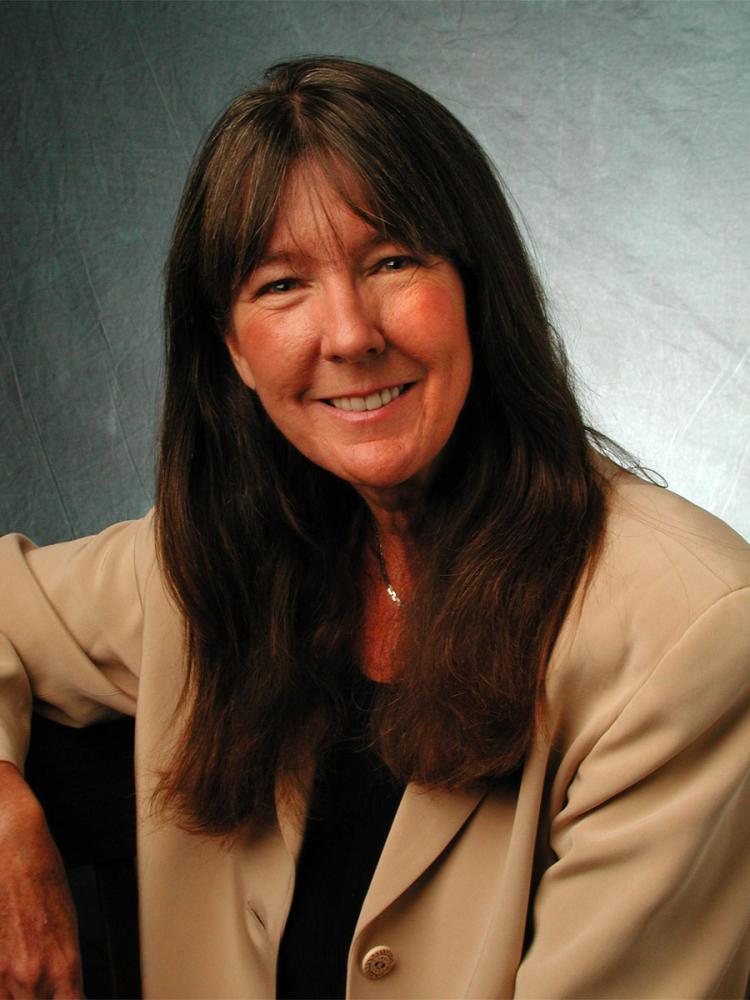Marianne Wesson

Please tell us about a piece of your scholarship or your teaching that you are passionate about and that is related to public service.
In the spring of 2013 I taught a course called Victims' Rights and Victim Counseling and Advocacy. The course had aspects of an ordinary classroom experience: we read and discussed cases, statutes, and rules. But for each student, another requirement of the course was performing 120 hours of service as a hotline counselor for Moving to End Sexual Assault, a Boulder organization that advocates for and offers counseling to victims of sexual assault. One of its services is a 24-hour, every-day hotline. The students were required, in addition to the classroom training that we offered at the Law School, to undergo 40 hours of training at MESA before beginning their service on the hotline.
How are students involved in your public service work?
The students participated as hotline counselors to callers, including in many instances on overnight shifts. Some of them had occasion to accompany victims as they went to the hospital for medical attention and/or a forensic exam. They were involved in some very serious situations. Judging from the papers they wrote for me, they learned a lot: about the damage sexual assault can inflict, about listening, about client-centered counseling, about a variety of institutions, and about their own strengths and potential.
What motivated you to become involved in public service work?
Years ago I was a federal prosecutor, and noticed how poorly the criminal justice system (at that time) served victims of crime; well-intentioned but overworked prosecutors barely noticed their suffering beyond whatever attention was necessary to enable a successful prosecution. That experience stayed with me for years. Although victims now enjoy much more protection than they once did, because of enactments like Victims Bill of Rights Acts, granting them formal legal rights is an insufficient measure. I was curious to learn more about the kinds of support community-based organizations like MESA afforded. So about five years ago I went through the training and became a MESA hotline counselor. I have also been, at times when my academic responsibilities permitted, a supervisor of other hotline counselors. I hope to do much more of this work after my retirement at the end of 2014.
Did you have any experiences in law school that influenced your interest in public service?
I started law school in Texas in 1970. There was not very much there to encourage this interest in those days, but there was an annual national conference on women and the law that I started to attend while I was a student. It was there that I first got interested in sexual assault as a legal and social phenomenon.
What advice do you have for our students who are interested in public service?
The world has changed so much since I graduated from law school that I'm hesitant, these days, to offer any kind of career advice. I know that many of our graduates must struggle to find a way to work as a lawyer, make a living, and protect some time for self and family. Some of our graduates will be fortunate enough to find paid work allowing them to pursue a life of public service. But for others, there will be times when providing uncompensated service to others seems like an unaffordable luxury. I will say that nothing feels satisfying in quite the same way as helping someone who is not paying for your services with the skills and knowledge you have acquired from training and practicing as a lawyer.


